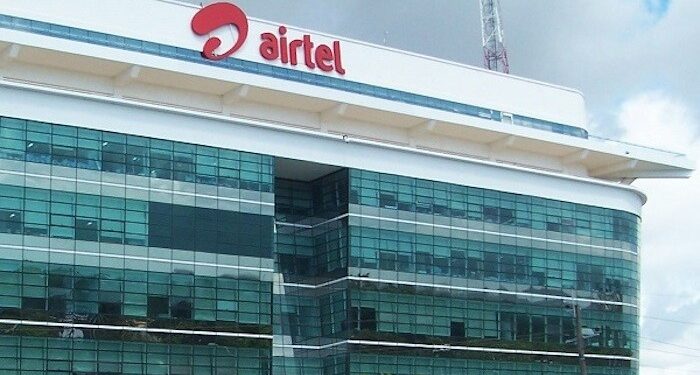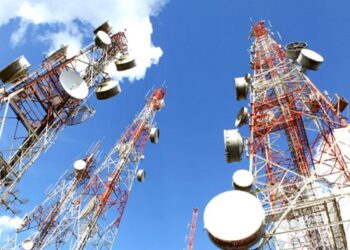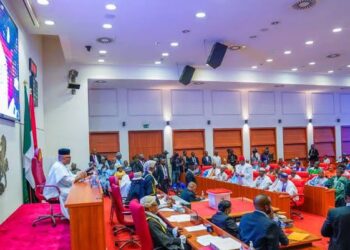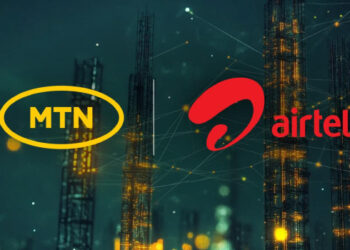Telecommunication company, Airtel Nigeria, has said it is investing heavily to accelerate the deployment of 5G in the country in order to meet the growing demand for data by Nigerians.
Chief Executive Officer of the company, Dinesh Balsingh, disclosed this during a media roundtable in Lagos.
While three telecom operators, MTN, Mafab, and Airtel, currently operate 5G licence, the penetration is still low, standing at 3.07% as of June 2025, according to data from the Nigerian Communications Commission (NCC).
However, Balsingh said that is about to change as the operator increases investments in infrastructure.
“Over the next few months, we will roll out 5G network much more rapidly, that I can assure you,” he told the media.
Explosion in data consumption
Mr Balsingh noted the exponential explosion of data usage across Nigerian cities, particularly Lagos, as rapid urbanisation, digitisation, and mobile-first lifestyles continue to drive bandwidth consumption at unprecedented rates.
“Cities like Lagos are growing at lightning speed, more people, more businesses, more devices.
“At Airtel, we recognise that data is the new oxygen. That’s why we’re investing heavily in 5G and fibre to build a smart, scalable network that can carry the weight of Nigeria’s digital future.
“This isn’t just about faster internet; it’s about enabling education, healthcare, commerce, and opportunity through reliable, high-capacity connectivity,” he said.
The device challenge
While noting that 5G is not just about rolling out the infrastructure, as the customers must have 5G-enabled devices to use the service, he said the company is working closely with device manufacturers to bring down the cost of 5G smartphones as part of a broader strategy to make 5G Internet access more accessible to Nigerians.
“5G is not only about telecom infrastructure. It’s an ecosystem where devices and networks must come together.
“Rolling out the network is important, but it’s just as crucial to ensure that consumers have access to 5G-enabled phones,” he said.
- He noted that while Airtel has been expanding its 5G coverage in major cities and already offers 100% 4G coverage, except for a handful of hard-to-reach areas, the company recognises that network availability alone is not enough.
- According to him, without affordable 5G phones in the hands of consumers, usage will remain limited.
What you should know
According to the latest data from the NCC, 4G penetration in Nigeria stood at 50.80% as of June this year, despite the fact that the operators now have almost 100% 4G coverage.
- According to industry analysts, the high cost of 4G-enabled devices is limiting many Nigerians from accessing higher quality service; hence, 38.47% of mobile connections in Nigeria were still on 2G as of June 2025.
- The device cost has also been identified as a major limiting factor to the adoption of 5G in Nigeria. However, with moves by telcos to partner with device manufacturers and with initiatives like device financing, penetration may improve over time.























